Sustainability strategy
2023-2028
Whilst the university considers its track record on sustainability to be strong, it also recognises that there is much more that it can achieve.
To do this, it will follow the strategic commitments and the associated action plans within the appendices that map to the UN sustainable development goals.

Sustainability definition
A definition for the 21st century and the scope of the strategy
In recent years, sustainability has become synonymous with key environmental issues, and perhaps most notably, climate change.
However, whilst the university recognises the vital importance it must attach to tackling climate change, it is also be recognised that sustainability initiatives are far broader than focussing purely on the reduction of energy and carbon dioxide (CO2).
Alongside many other topics, waste production, consumption and biodiversity of the campuses are all recognised by staff and students as being vitally important.
UN Sustainable Development Goals
A definition for the 21st century and the scope of the strategy
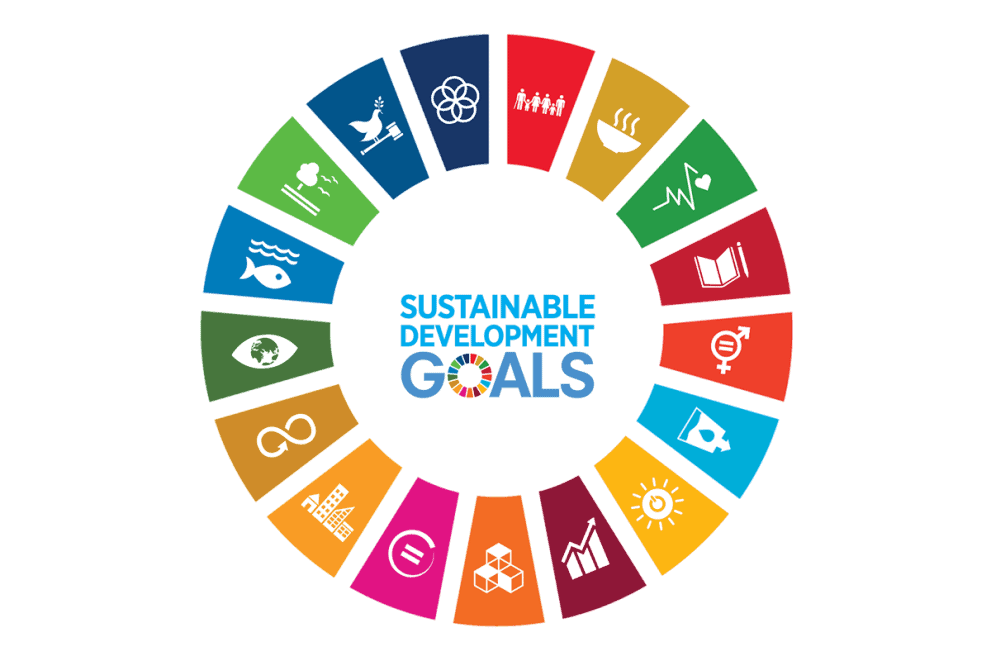
This approach to broader sustainability issues was recognised by the United Nations (UN) in 2015 when it launched its 17 UN Sustainable Development Goals.
These goals span a wide range of topics, including some areas that may be expected, such as ‘climate action’ and ‘responsible consumption’, through to other areas which may be less anticipated within a sustainability framework, such as ‘decent work and economic growth’ and ‘peace, justice and strong institutions’.
The 17 goals are designed to transform the world, and are described as a ‘call to action by all countries, organisations and governments – poor, rich and middle income – to promote prosperity while protecting the planet’. More information is available from the UN website.
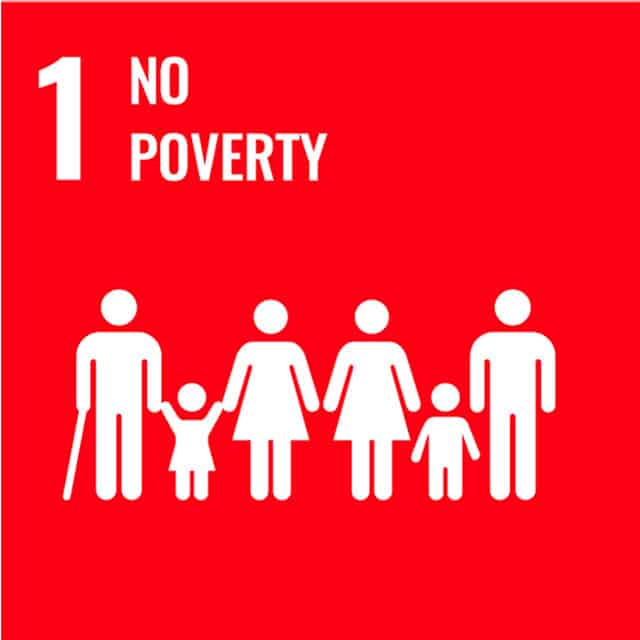
Goal 1 - No Poverty
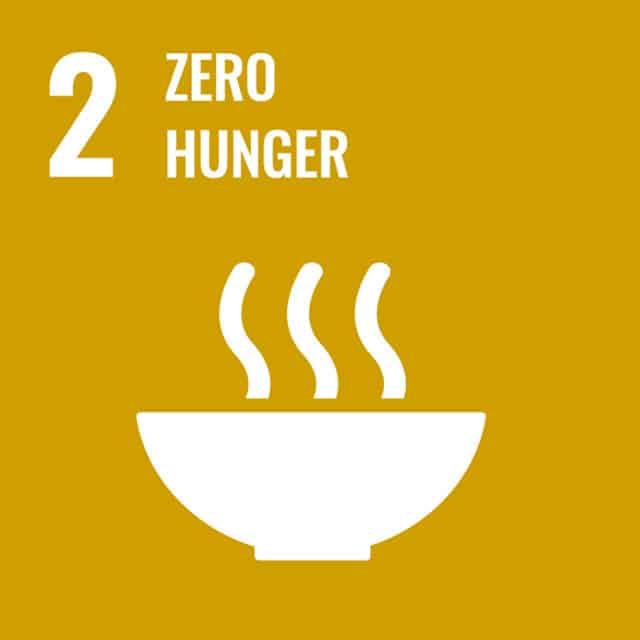
Goal 2 - Zero Hunger
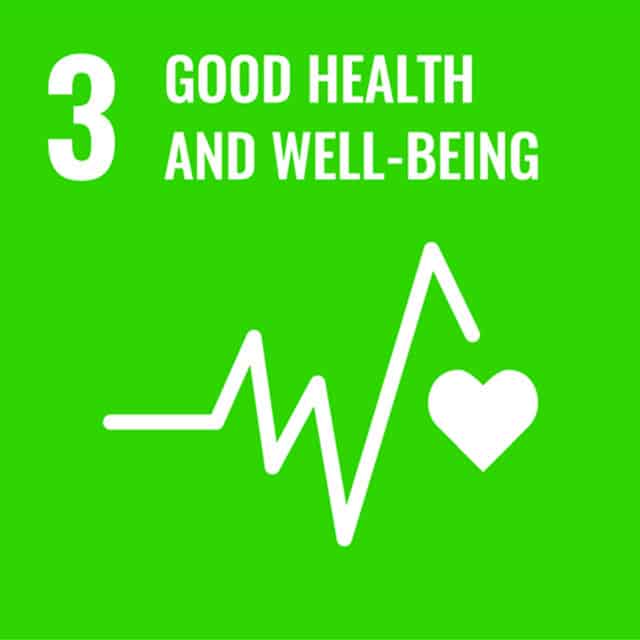
Goal 3 - Good Health and Wellbeing
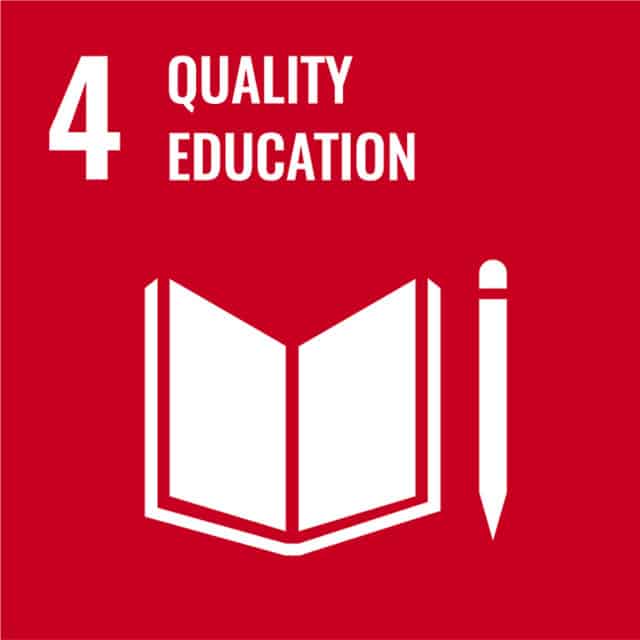
Goal 4 - Quality Education
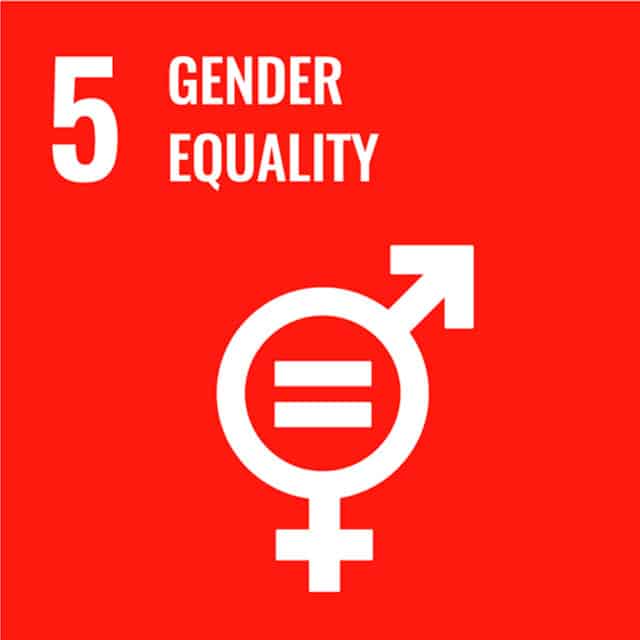
Goal 5 - Gender Equality
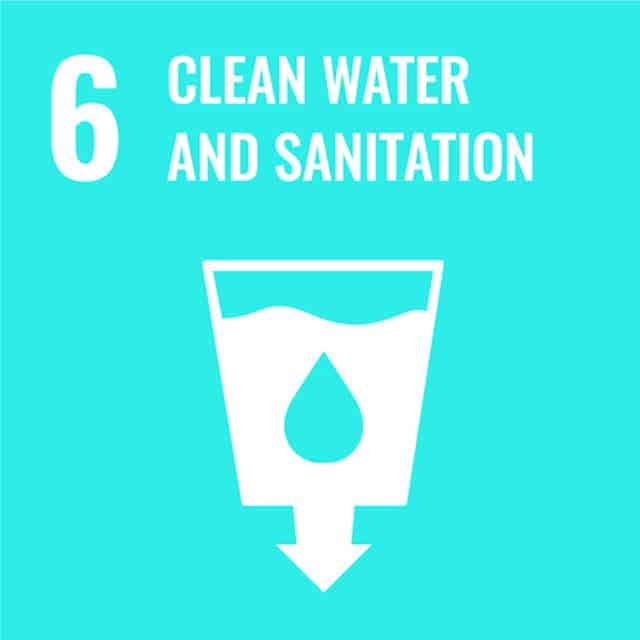
Goal 6 - Clean Water and Sanitation
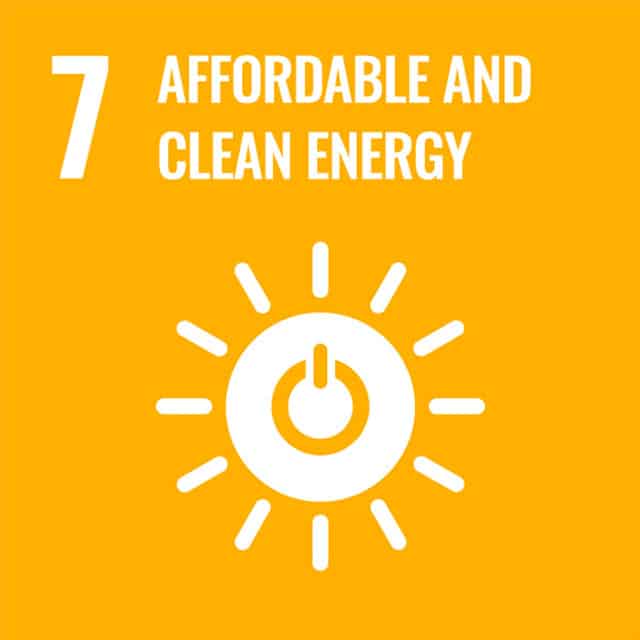
Goal 7 - Affordable and Clean Energy
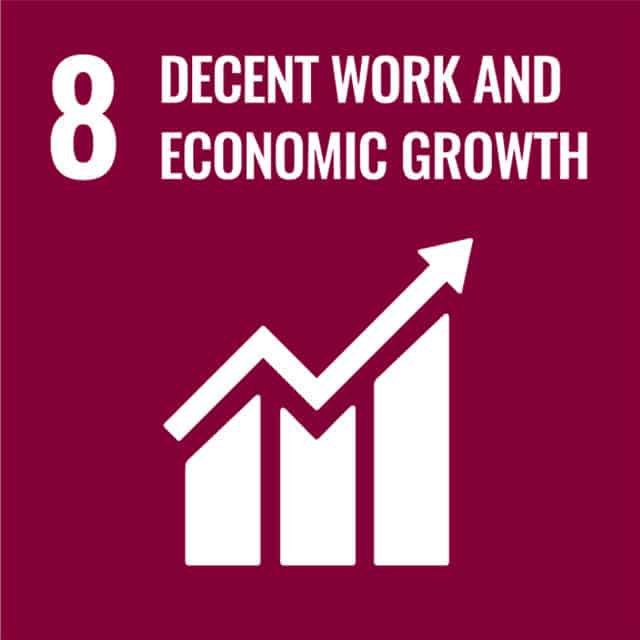
Goal 8 - Decent Work and Economic Growth
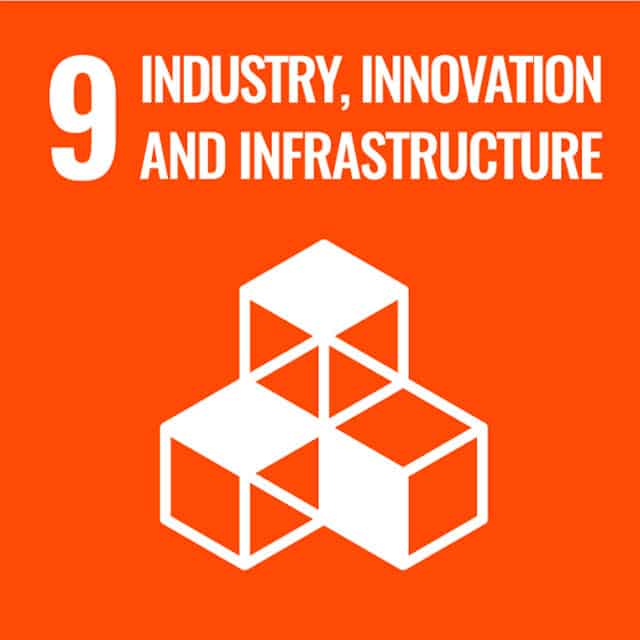
Goal 9 - Industry, Innovation and Infrastructure
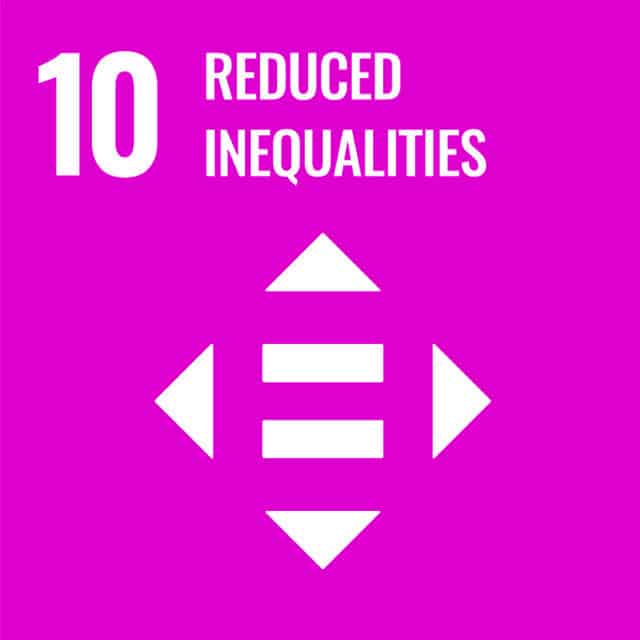
Goal 10 - Reduced Inequalities
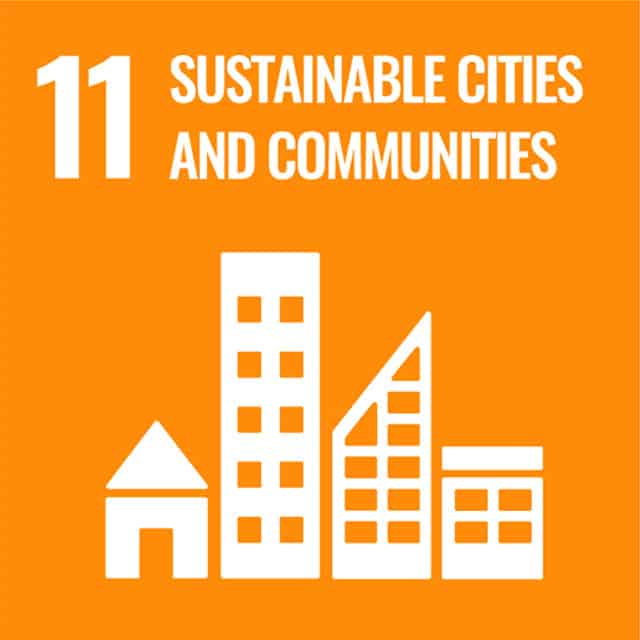
Goal 11 - Sustainable Cities and Communities
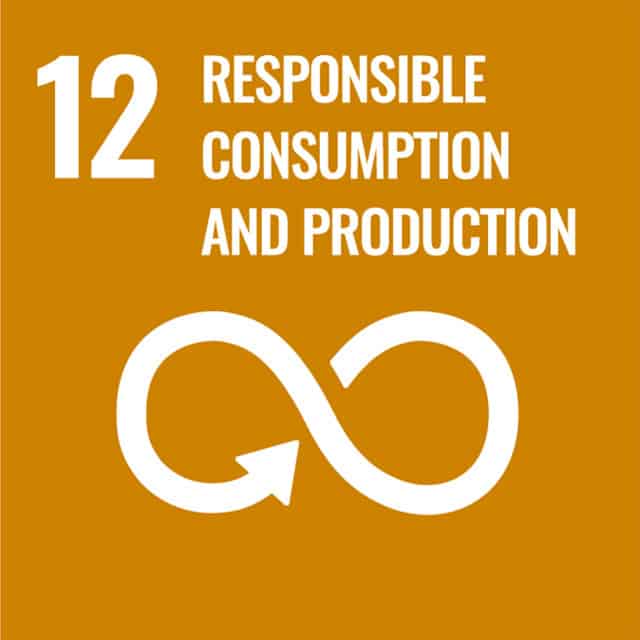
Goal 12 - Responsible Consumption and Production
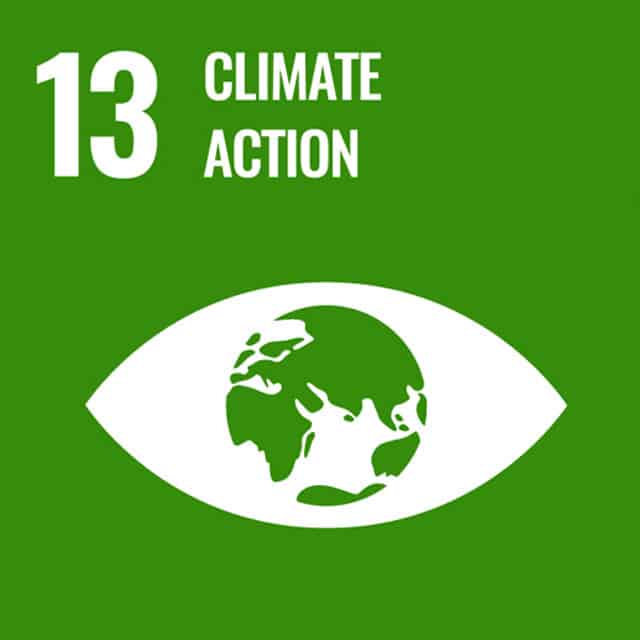
Goal 13 - Climate Action
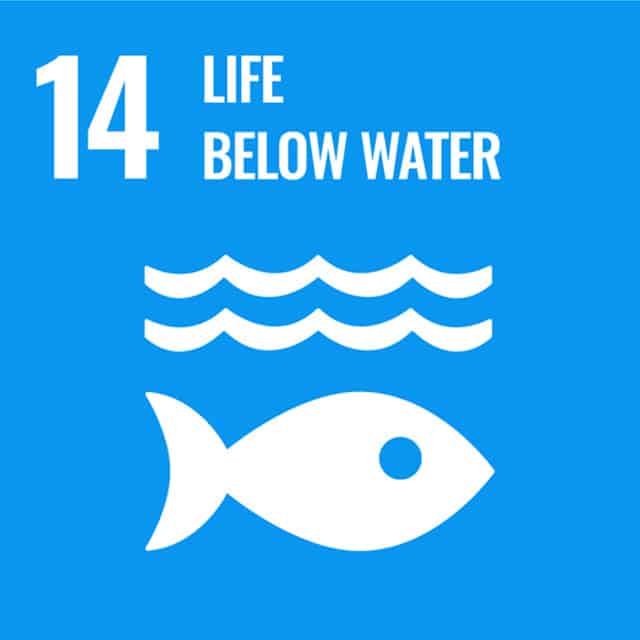
Goal 14 - Life Below Water
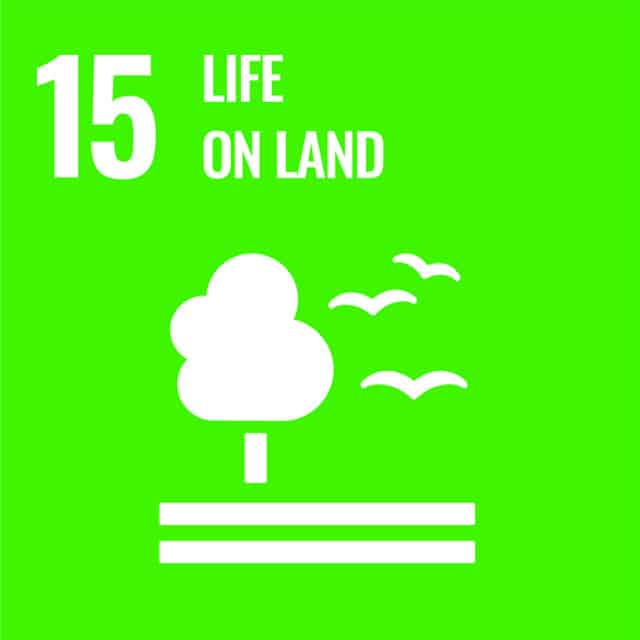
Goal 15 - Life on Land
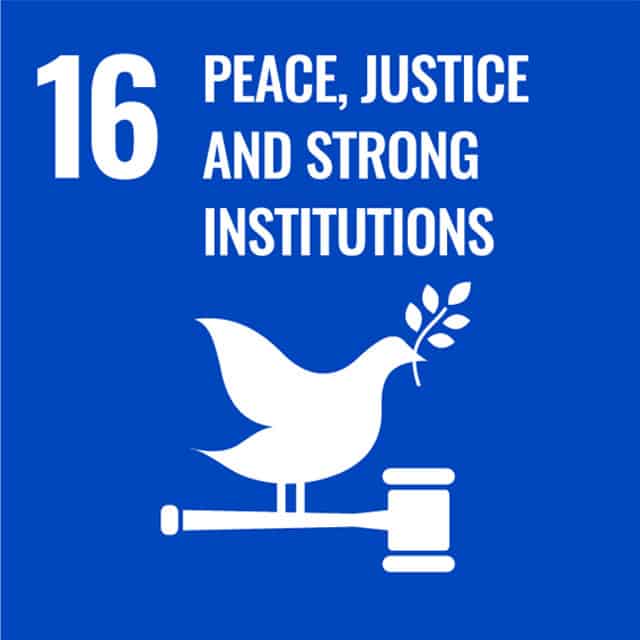
Goal 16 - Peace, Justice and Strong Institutions
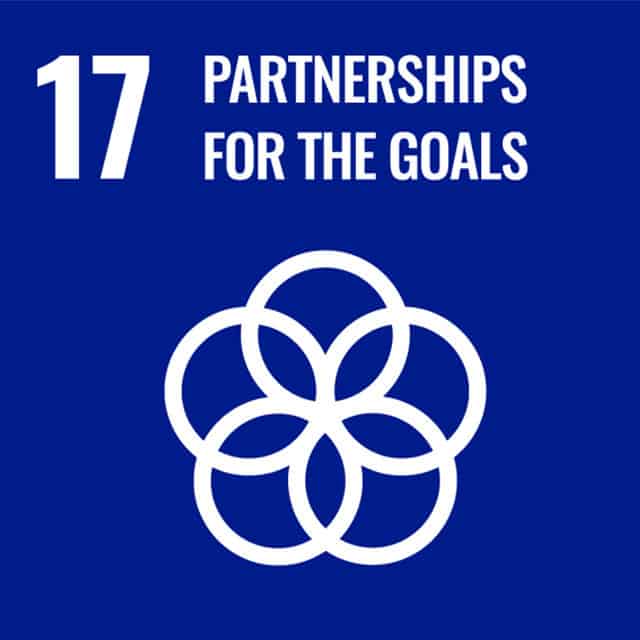
Goal 17 - Partnerships for the Goals
Our specific focus on five core UN goals
Whilst targets and aims shall be set for all of the goals, there must also be a focus on a core set of five key areas of importance for the next five years.
The rationale for the additional focus on these five areas is that some of the UN goals will undoubtedly require faster action than others. Other goals may have slightly less relevancy to the university, being primarily aimed at companies or industries involved in manufacture of products. Others may also not require as much focus because the university may already have made good progress against the goals.
Therefore, the five areas listed below are the areas of ‘special focus’. These special focus areas will receive more regular review points and investment will be required in these areas channelled through the Sustainability, Environment and Energy Management Advisory Group (SEEM). These five areas have been identified by members of SEEM and the Senior Leadership Team (SLT) as key areas of importance. These decisions have been also been led by the student and staff sustainability surveys conducted in 2022.
Areas of specific focus

Goal 4 - Quality Education
Ensuring we provide an education experience that embeds sustainability within the curriculum; ensuring we are training graduates for a wide range of future careers who understand current sustainability issues.

Goal 7 - Affordable and Clean Energy
Ensuring that we continue to source 100% of our electricity from renewable sources, whilst driving down our consumption of energy across all areas.

Goal 10 - Reduced Inequalities
Ensuring we reduce barriers to entry to the university whilst ensuring support is in place for both our student and our staff community.

Goal 12 - Responsible Consumption and Production
Reducing our consumption and our waste production.

Goal 13 - Climate Action
Declaring a climate emergency and ensuring we reduce our carbon dioxide emissions and achieve our net-zero ambition by 2045.
Detailed targets and actions plans
The university has produced the following strategic commitments that are outlined in the actions plans below. These actions plans are mapped to each of the 17 UN sustainable development goals.


